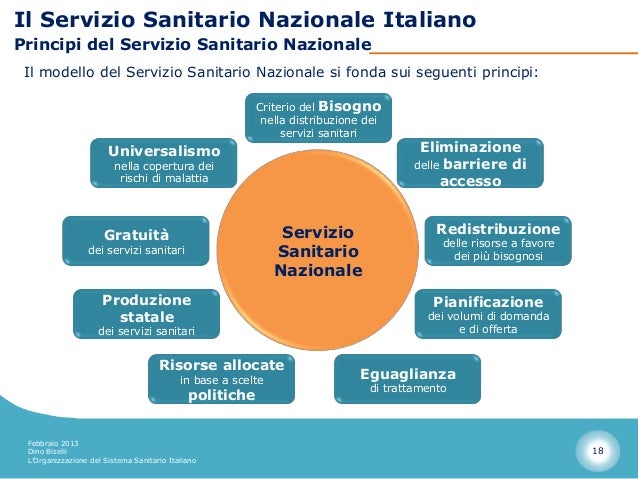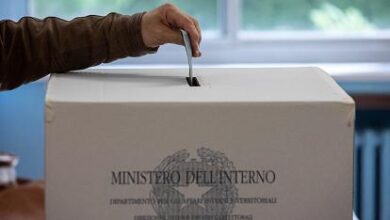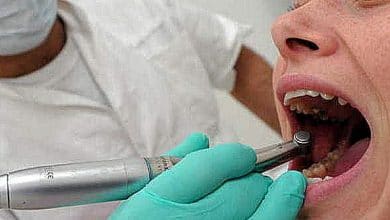
 We live the longest but we die more than before, we spend a lot of money, more than others, on self-care, and we confess that we are well in large numbers. Health in Italy has become an enigma. It's starting to look like economics, where you turn the tables overnight until we don't understand a damn thing.
We live the longest but we die more than before, we spend a lot of money, more than others, on self-care, and we confess that we are well in large numbers. Health in Italy has become an enigma. It's starting to look like economics, where you turn the tables overnight until we don't understand a damn thing.
Those who have done some math have discovered that Italians take out of their pockets – so no recipe – thirty three billion euros for treatment. An exorbitant amount, taking into account the magnanimity of the Welfare in our country, where free medicines are given, with the ticket, to anyone, or almost. To confuse our ideas there is a fact: in 2013, Italians gave up 6.9 million private medical services. The Pharmaceutical Bank also calculates that there are as many as three million Italians who do not access treatment for economic reasons.
There is therefore a gap that opens up: the shares of medicine consumers increase, especially with age, on a par with the shares of the poor who do not have access to medicines.
A survey reveals that 41 percent of people questioned have taken medicine in the past 48 hours and another survey reveals that in 2013, by answering a questionnaire, two million six hundred thousand Italians, aged 14 and over, declared that they were well or very well, against 258,000 who instead confessed that they were ill or very ill.
To break the deadlock, perhaps it is useful to remember that good health, according to the World Health Organization, it is a state of physical, mental and social well-being, not just the absence of disease. Perceived health status, however, is an important indicator as a "predictor" of mortality. And therefore it must be taken into account.
 There is other information that opens glimmers of understanding: experts argue that we will have to get used to "bad" news, which is not bad news: the negative balance between births and deaths will be a constant trend. Italy is a country of the order of 40 million inhabitants, when we get to this figure we'll settle down. It is a figure far from the sixty million we are used to, but there is nothing we can do about it. Population decline it is due to the decrease in the number of immigrants, the increase in the number of emigrants, the drop in births and the aging of the population.
There is other information that opens glimmers of understanding: experts argue that we will have to get used to "bad" news, which is not bad news: the negative balance between births and deaths will be a constant trend. Italy is a country of the order of 40 million inhabitants, when we get to this figure we'll settle down. It is a figure far from the sixty million we are used to, but there is nothing we can do about it. Population decline it is due to the decrease in the number of immigrants, the increase in the number of emigrants, the drop in births and the aging of the population.
Drugs, therefore, have something to do with it, but up to a certain point.
Let's recap: the perception of well-being, which prevails in Italy, is good news, but the rather high number of Italians who do not access treatment because they have no resources is bad news. So something must be done, and soon. For example granting those in need those high-end drugs, that require doctors to use gimmicks. “That doesn't have to happen doctors are forced to admit patients because they cannot prescribe the medicines they need”; warns Toti Amato, President of the Order of Doctors of Palermo. “That being the case, we spend more and make life difficult for doctors and patients.”
27 January 2016 – 10:44 by EDITING – SICILIAINFORMAZIONI.com
Related news: A mystery with 45,000 dead, the mystery of 2015
In the pharmacy, the Italian pays no attention to the crisis





